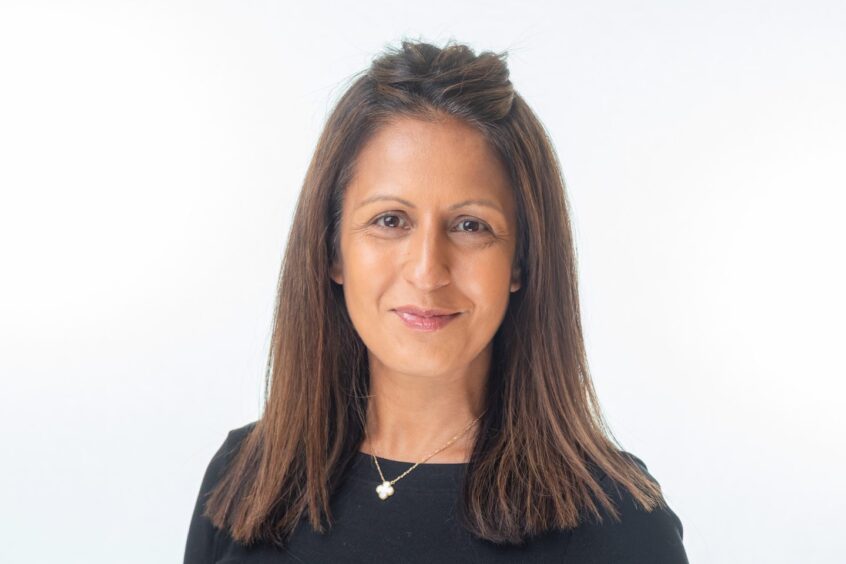
October is Menopause Awareness Month, with World Menopause Day held annually on October 18.
The goal is to improve women’s health and well-being by raising awareness of menopause symptoms and advocating for stronger support systems.
One of the key figures leading this charge is Sayma Cox, CEO of North Sea Midstream Partners, a midstream gas operator responsible for critical infrastructure powering Britain. As a mother of two, Sayma’s life took an unexpected turn in 2023 when she underwent a hysterectomy after enduring severe endometriosis pain, pushing her into a sudden, fast-track menopause.
Now, as both a leader and an advocate, Sayma is using her platform to call for greater acknowledgment and support for women’s health issues, particularly in the workplace.
“Half the population will experience menopause at some point—mothers, wives, sisters, daughters. Yet in society, and particularly in the corporate world, we are still not openly addressing it. We need to break these taboos and create environments where women’s health is treated with the seriousness it deserves,” Cox asserts.
As CEO, Sayma recognises her ability to influence change, but stresses that real, systemic transformation must come from the top.
“It’s not enough for individuals to manage their personal challenges in silence. Leadership teams must recognise that health-related issues like menopause are valid, and companies need to reflect that understanding in their policies.”
Her own experience serves as a powerful example of this need for change. At the height of her endometriosis struggle, Sayma found herself in a critical corporate meeting while battling severe pain in silence.
“I woke up that morning in agony but felt I had to carry on as normal. During the meeting, I excused myself several times, and though my colleagues noticed, I didn’t say a word about what I was experiencing.”
This moment stayed with her, reinforcing her commitment to ensure others wouldn’t feel the need to suffer in silence.
Shortly after, a specialist recommended a hysterectomy to address the severity of her endometriosis, propelling her into menopause almost overnight.
This experience marked a turning point for Sayma, who decided she would be open about her health challenges with her colleagues.
“I made a commitment to myself to be transparent, because if I, as a CEO, couldn’t talk about these issues, how could I expect others to?”
Since then, Sayma has used her voice to influence a broader conversation within NSMP and across the energy sector.
Her advocacy has led to open dialogue about how companies can better support employees dealing with menopause and other health issues, pushing for policies that provide flexibility and health accommodations.
“When I started speaking up, others in the industry reached out, sharing similar experiences. It became clear that when leadership acknowledges these challenges, it empowers others to do the same.”
Her leadership is about more than just personal advocacy—it’s about transforming workplace culture.
“Menopause is not something women should have to manage alone in silence. It’s a societal issue, and companies have a responsibility to evolve their policies and practices accordingly. Boards and executives need to understand that supporting women’s health is not just an HR issue—it’s a business imperative.”
The conversation is urgent. A 2023 survey by SimplyHealth found that 23% of working women aged 40 to 60 had considered resigning due to menopause or menstrual symptoms, and 14% were planning to leave their jobs because of it.
Moreover, nearly eight out of 10 menopausal women are currently in the workforce, and one in 100 women experience menopause before the age of 40.
Sayma’s message is clear: real change begins at the top. Boards and leadership teams must not only listen but also take action, creating inclusive environments where employees feel supported.
By doing so, companies can foster workplaces where women thrive, no matter the stage of life they are in.
